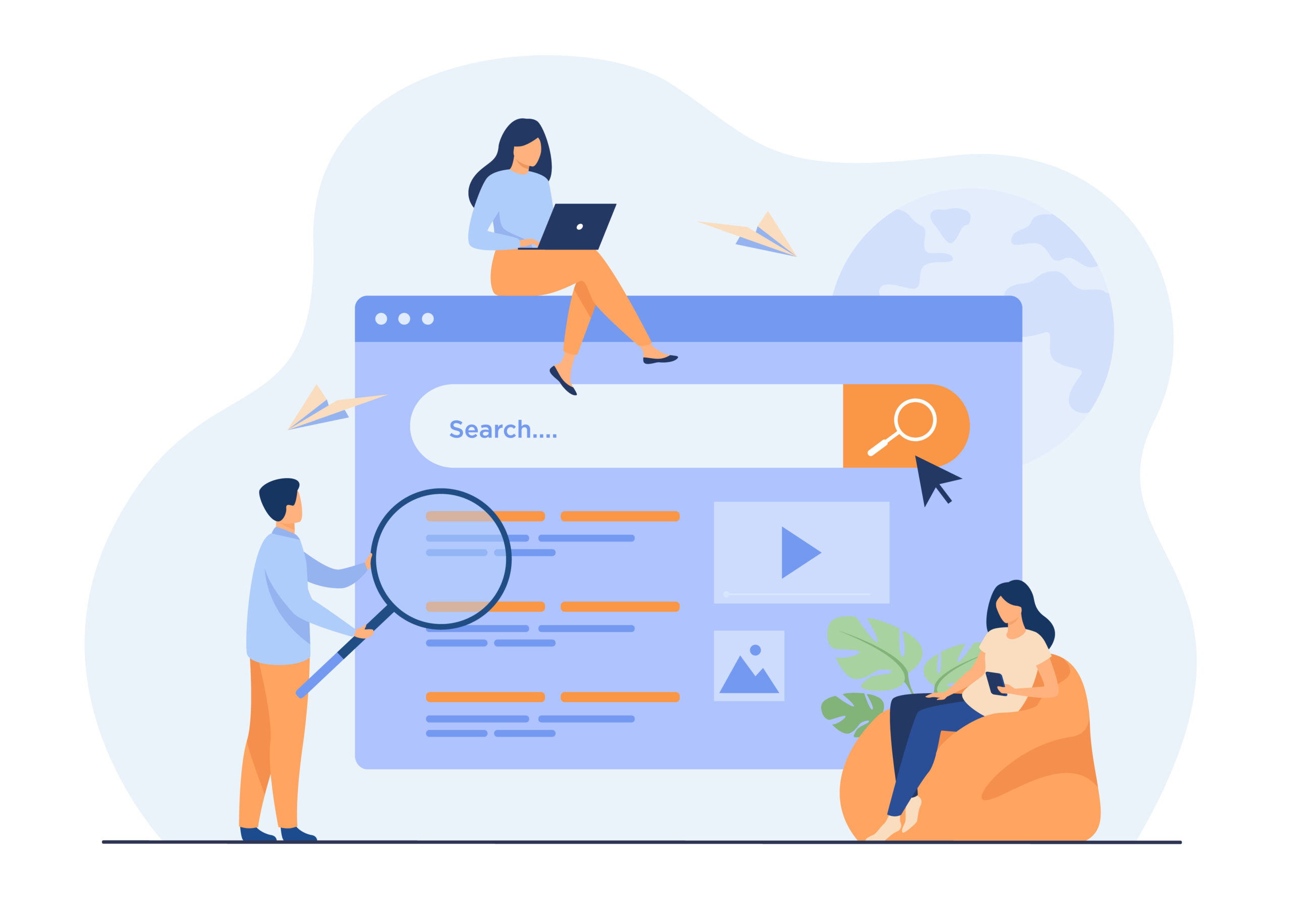In the ever-evolving landscape of digital marketing, businesses are constantly searching for effective ways to reach their target audience and drive conversions. One strategy that has proven to be incredibly effective is Pay-Per-Click advertising. This model allows businesses to display ads on search engines and social media platforms, paying only when a user clicks on their ad. Here, we will delve into the numerous benefits of PPC advertising and why it should be an integral part of any marketing strategy.
Immediate Visibility and Traffic
One of the most significant advantages of PPC advertising is the immediate visibility it offers. Unlike organic search engine optimization (SEO), which can take time to build momentum and achieve high rankings, PPC campaigns can start driving traffic almost instantly. Once your ads are live, they can appear at the top of search engine results pages (SERPs) and in users’ social media feeds, exposing your brand to a larger audience right away. This is especially beneficial for new businesses or those launching new products, as it helps generate immediate interest and leads.
Highly Targeted Audience
PPC advertising allows for precise targeting, enabling businesses to reach specific demographics, geographic locations, and interests. Advertisers can tailor their campaigns based on factors such as age, gender, location, interests, and even online behavior. This targeted approach ensures that your ads are shown to the most relevant audience, increasing the likelihood of conversions. For example, a local bakery can focus its ads on people in its vicinity, while an online software company can target tech-savvy individuals across the globe.
Cost-Effective Marketing
One of the primary concerns for any business is budget allocation. PPC advertising operates on a cost-per-click basis, meaning you only pay when someone clicks on your ad. This model makes it easy to track and manage your marketing budget, ensuring you get value for your investment. Furthermore, PPC platforms, such as Google Ads and Facebook Ads, provide various bidding options that allow you to control how much you’re willing to spend. You can start small and scale your campaigns based on performance, making PPC a flexible and cost-effective marketing solution.
Measurable Results and Analytics
PPC advertising offers robust analytics and reporting features, allowing you to track the performance of your campaigns in real time. Metrics such as click-through rates (CTR), conversion rates, and cost per acquisition (CPA) provide valuable insights into how well your ads are performing. This data allows marketers to make informed decisions, optimize campaigns, and improve ROI over time. The ability to test different ad copy, keywords, and target audiences also enhances your overall strategy, as you can identify what works best for your business.
Enhanced Brand Awareness
Even if users don’t click on your ads immediately, PPC advertising can still significantly boost your brand awareness. Ads that appear at the top of SERPs create a sense of credibility and trust among potential customers. The more frequently your brand is seen, the more likely users will remember it when they are ready to make a purchase. This is particularly important in competitive industries, where brand recognition can play a crucial role in influencing consumer decisions.
Increased Flexibility and Control
PPC advertising provides marketers with a level of flexibility and control that is hard to match. You can easily adjust your campaigns, including changing keywords, ad copy, and target demographics based on performance and market trends. If a particular keyword isn’t performing well, you can pause or replace it with a more effective one. This adaptability ensures that you can respond to market conditions and consumer behavior in real time, maximizing the effectiveness of your advertising efforts.
Remarketing Opportunities
Remarketing is a powerful feature offered by PPC platforms that allows you to re-engage users who have previously interacted with your website but did not convert. By displaying targeted ads to these users as they browse other sites, you can remind them of your products or services and encourage them to return and complete their purchase. Remarketing campaigns can significantly increase conversion rates, as these users are already familiar with your brand and have shown interest in your offerings.
Competing with Larger Brands
PPC advertising levels the playing field, allowing smaller businesses to compete with larger brands. While big companies may have larger marketing budgets, PPC enables smaller players to gain visibility without needing a massive investment. By focusing on niche keywords and targeting specific demographics, small businesses can effectively compete for clicks and conversions against established brands. This democratization of advertising means that with the right strategy, even a small business can achieve significant results.
Testing and Experimentation
PPC advertising is an excellent platform for testing and experimentation. Marketers can run multiple ad variations simultaneously to see which performs best. This A/B testing approach allows you to optimize ad copy, images, and calls-to-action, refining your campaigns for better results. Additionally, you can experiment with different bidding strategies and targeting options, gaining valuable insights that can inform your broader marketing strategy.
Integration with Other Marketing Efforts
PPC advertising can seamlessly integrate with other digital marketing strategies, such as SEO, content marketing, and social media marketing. For instance, the data gathered from PPC campaigns can inform your SEO keyword strategy, helping you identify which terms are driving the most traffic. Additionally, PPC can support your content marketing efforts by driving traffic to high-value content pieces, enhancing lead generation and customer engagement.
Conclusion
Pay-Per-Click advertising is a powerful tool for businesses looking to enhance their online presence, generate leads, and drive sales. With its ability to deliver immediate results, highly targeted campaigns, and measurable outcomes, PPC should be a cornerstone of any digital marketing strategy. By leveraging the benefits outlined above, businesses can not only improve their marketing ROI but also position themselves for sustained growth in an increasingly competitive marketplace. If you haven’t already incorporated PPC advertising into your marketing plan, now is the time to explore its potential and take your business to the next level.


Leave a Reply